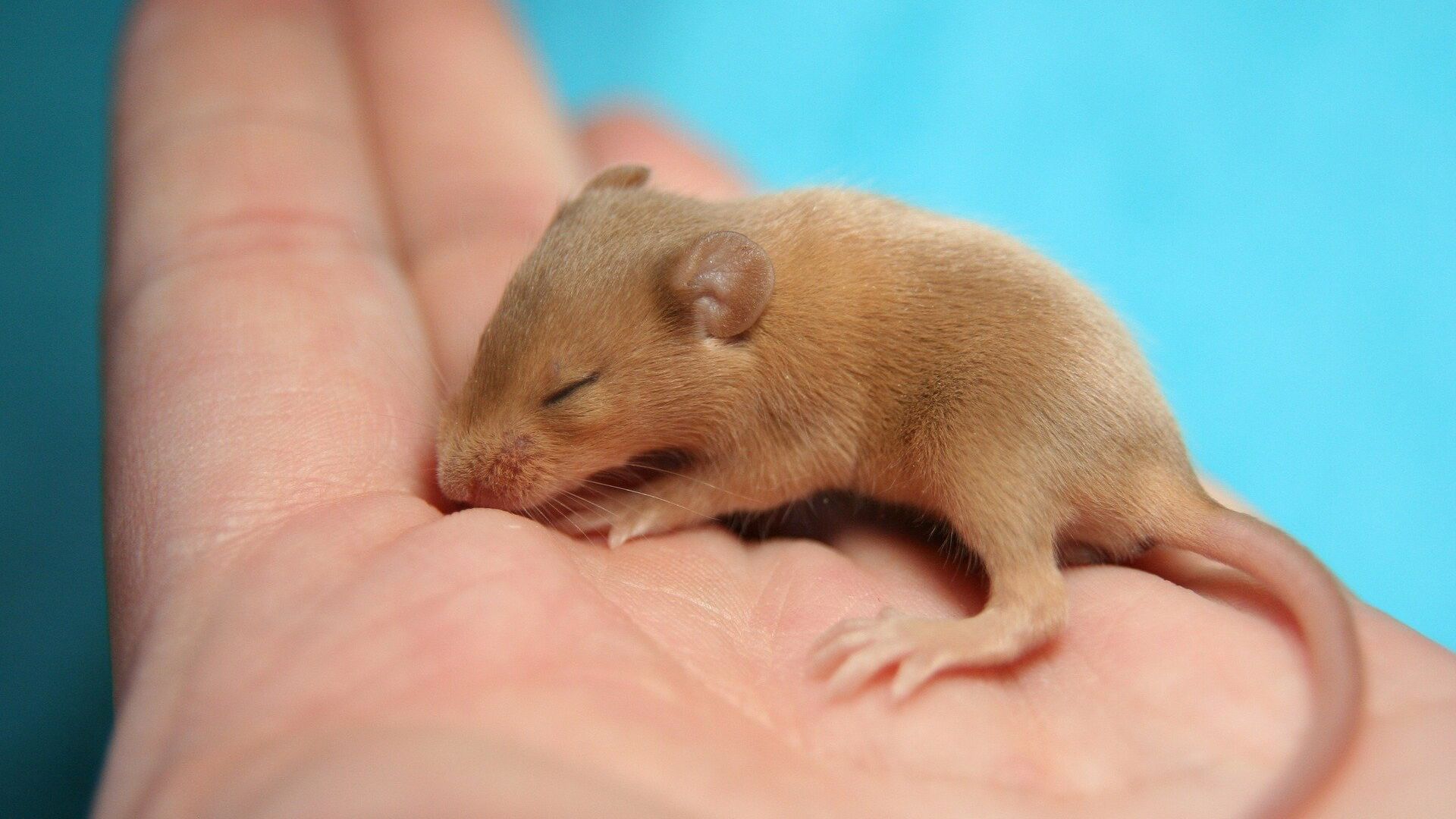https://sputnikglobe.com/20220606/scientists-managed-to-reverse-ageing-in-mice-now-on-track-to-do-the-same-for-humans-1096069366.html
Scientists Managed to Reverse Ageing in Mice, Now on Track to Do the Same For Humans
Scientists Managed to Reverse Ageing in Mice, Now on Track to Do the Same For Humans
Sputnik International
It seems that the effect of Benjamin Button is pretty much possible in real life - at least when it comes to mice. 06.06.2022, Sputnik International
2022-06-06T18:53+0000
2022-06-06T18:53+0000
2022-08-06T13:32+0000
science & tech
ageing
mice
https://cdn1.img.sputnikglobe.com/img/105370/30/1053703089_0:100:1921:1180_1920x0_80_0_0_ad9f02a14b0f97f43f270c8e333e36e5.jpg
Researchers from Harvard Medical School found a way to rejuvenate mice after effectively reversing a technology that allowed to genetically modify the animal to age faster, CNN reported.In 2007, Japanese biomedical researcher Dr. Shinya Yamanaka engineered human adult skin cells, prompting them to behave like embryonic or pluripotent stem cells. In Harvard Medical School's Sinclair Lab, researchers jumped in on scientific efforts to come up with a technology that would allow a reverse. Previously, such technology was developed, with scientists in 2016 managing to slow down ageing in mice after exposing them to four main Yamanaka factors. However, it could sometimes result in altered animals developing cancerous tumours.The Sinclair lab managed to develop a safer alternative, with the lab's geneticist Yuancheng Lu picking three of the four factors and genetically incorporating them into a harmless virus. Then, the virus would deliver the cells to damaged retinal ganglion cells at the back of an aged mouse's eye. In order to switch on the pluripotent genes, the mouse was then fed an antibiotic.He then argued that somehow, the body knows how to rejuvenate itself, switching on the genes that worked at a younger age. He said he was optimistic about the possibility of trying the same pattern with humans.Earlier, another study found that transplanting fecal microbes from younger mice to older mice may reduce the effects of ageing.
Sputnik International
feedback@sputniknews.com
+74956456601
MIA „Rosiya Segodnya“
2022
Sputnik International
feedback@sputniknews.com
+74956456601
MIA „Rosiya Segodnya“
News
en_EN
Sputnik International
feedback@sputniknews.com
+74956456601
MIA „Rosiya Segodnya“
Sputnik International
feedback@sputniknews.com
+74956456601
MIA „Rosiya Segodnya“
science & tech, ageing, mice
science & tech, ageing, mice
Scientists Managed to Reverse Ageing in Mice, Now on Track to Do the Same For Humans
18:53 GMT 06.06.2022 (Updated: 13:32 GMT 06.08.2022) It seems that the effect of Benjamin Button is pretty much possible in real life - at least when it comes to mice.
Researchers from Harvard Medical School found a way to rejuvenate mice after effectively reversing a technology that allowed to genetically modify the animal to age faster, CNN
reported.
In 2007, Japanese biomedical researcher Dr. Shinya Yamanaka engineered human adult skin cells, prompting them to behave like embryonic or pluripotent stem cells. In Harvard Medical School's Sinclair Lab, researchers jumped in on scientific efforts to come up with a technology that would allow a reverse.
Previously, such technology was developed, with scientists in 2016 managing to slow down ageing in mice after exposing them to four main Yamanaka factors. However, it could sometimes result in altered animals developing cancerous tumours.
The Sinclair lab managed to
develop a safer alternative, with the lab's geneticist Yuancheng Lu picking three of the four factors and genetically incorporating them into a harmless virus. Then, the virus would deliver the cells to damaged retinal ganglion cells at the back of an aged mouse's eye. In order to switch on the pluripotent genes, the mouse was then fed an antibiotic.
"The antibiotic is just a tool. It could be any chemical really, just a way to be sure the three genes are switched on," David Sinclair said. "Normally they are only on in very young developing embryos and then turn off as we age."
He then argued that somehow, the body knows how to rejuvenate itself, switching on the genes that worked at a younger age.
"It's a loss of information that drives ageing cells to forget how to function, to forget what type of cell they are. And now we can tap into a reset switch that restores the cell's ability to read the genome correctly again, as if it was young," Sinclair said.
He said he was optimistic about the possibility of trying the same pattern with humans.
"We've done it in a mouse. There's no reason I can think of why it shouldn't work in a person, too," Sinclair argued.
Earlier, another study found that transplanting
fecal microbes from younger mice to older mice may reduce the effects of ageing.



